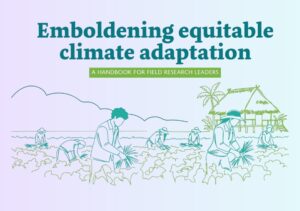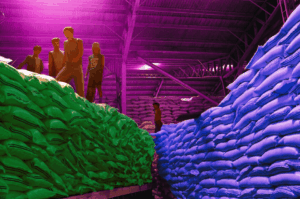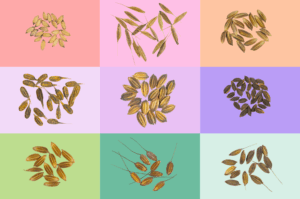The Philippine Department of Agriculture and its private-sector partner intensified the promotion of urban agriculture and incorporate modern technology in agriculture.
“Technology-based agriculture is the platform, and agripreneurship is a key strategy to modernize the country’s agriculture sector and contribute to its growth,” Agriculture Secretary William Dar said.
He also said greater engagement with the private sector is necessary to invest in agriculture.
Read the full story at The Philippine News Agency
More on modern agricultural technology:
ASEAN ministers call on CGIAR for sustained significant investment in rice research
In a Joint Press Statement of the 42nd Meeting of the Association of Southeast Asian Nations (ASEAN) Ministers on Agriculture and Forestry (AMAF), the ministers stressed the importance of the sustained significant investment in rice research-for-development by One CGIAR and its partner donors in view of the significant challenges in nutrition, sustainability, livelihoods, and climate-change resilience in the region. The statement, released on October 21, 2020 , also cited the importance of rice as a backbone of food security in Southeast Asia and other regions of the world.
Rice is the single most important staple in the ASEAN Region as it provides 50% of calorie intake for its population. The region’s rice areas comprise 48 million ha or almost 30% of the world rice harvest. It produced 220 million tons of rice in 2018. Vietnam and Thailand are among the top three rice exporting countries in the world.
Rice Crop Manager spurs women and the youth to embrace digital technologies in Odisha
The Rice Crop Manager (RCM) has proven to be an effective farmer-friendly digital tool to increase productivity and incomes of rice farmers through balanced fertilizer management. The two case studies presented here highlight how women and young people have used RCM on their farm and successfully reduced their input costs, increased yields and the net benefits.
Targeting women and the youth in disseminating climate-smart agriculture in Vietnam
The study on the adoption of Climate-Smart Agriculture (CSA) technologies by men and women in Vietnam is necessary to understand how the different social expectations, roles, status, and economic power of men and women are affected differently by climate change. It will improve actions taken to reduce vulnerability and combat climate change in the country.










